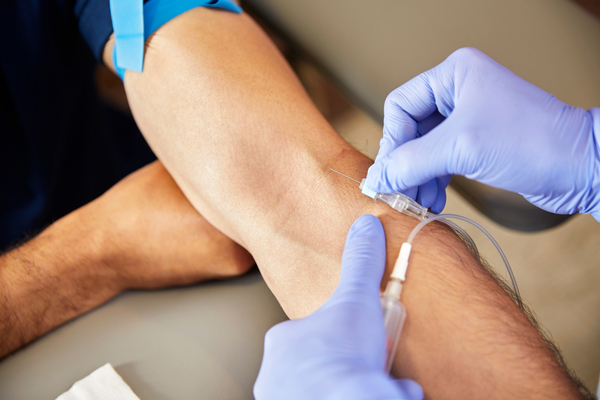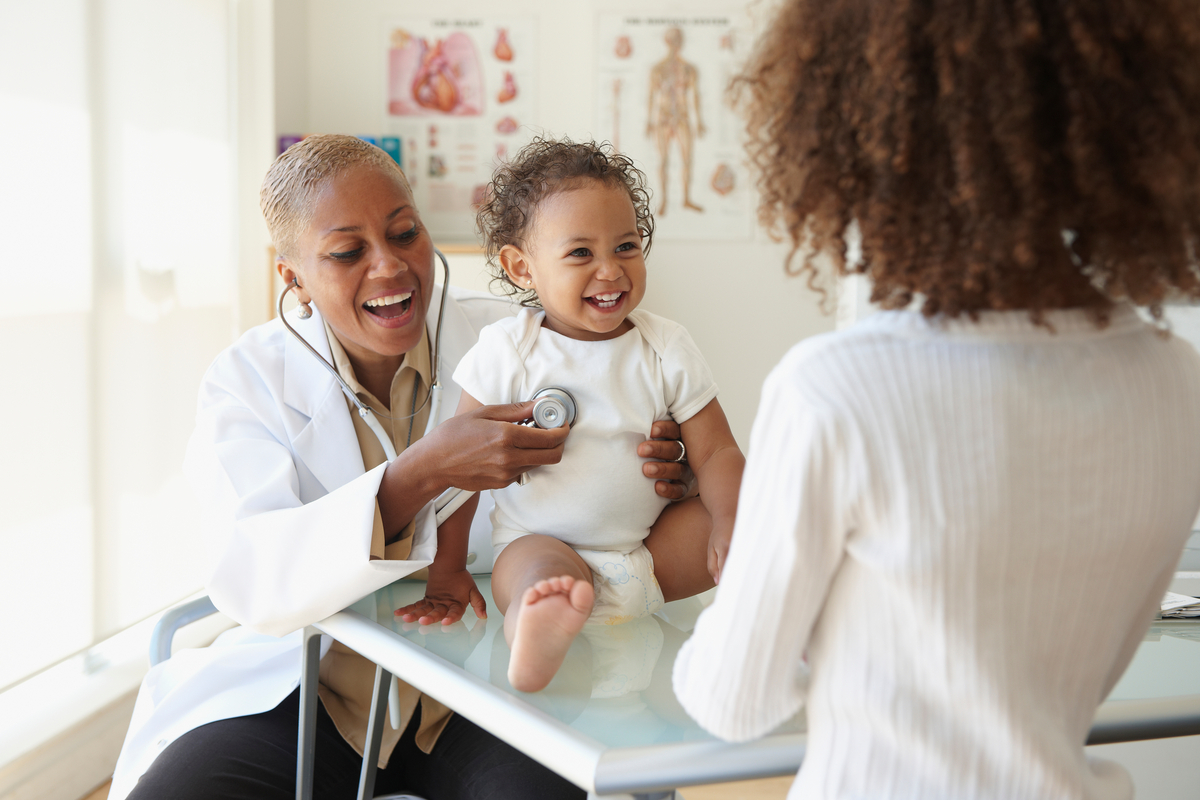Give your device a healthy start
With our team of biocompatibility specialists, you’ll get the endpoint data collection and detailed reporting you need for regulatory submission—as well as the confidence in knowing it’s done right, the first time. From raw material to device prototype or finalized device evaluations, we have tests at the speed and efficiency needed to accelerate you forward.

)
.jpg)

